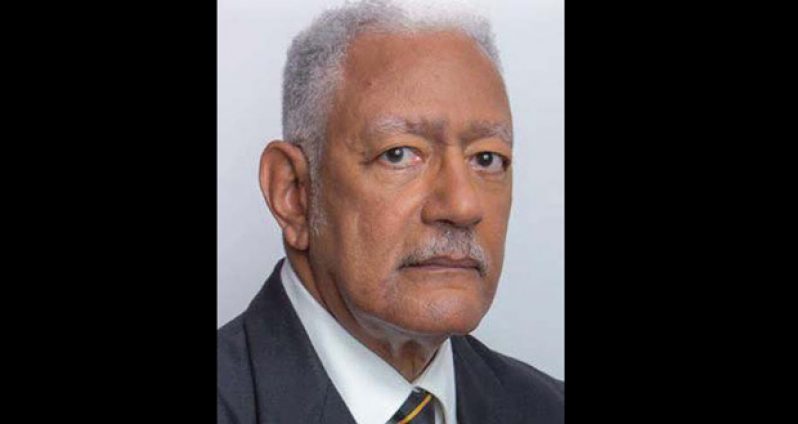By Rabindra Rooplall
CASSAVA serves as an important food and cash-crop, famine reserve, industrial raw material, and livestock food. It remains a major source of calories and is in fact the third most important staple internationally, after rice and corn. Research has shown that cassava is one of the leading staples across the developing world.
Agriculture Minister Noel Holder has recommissioned a cassava-processing plant in the Amerindian reservation of Tapakuma Village on the Essequibo Coast in Guyana’s Region 2, Pomeroon/Supenaam. The recommissioning was done on Monday, November 16, and Minister Holder said that the goal of the Agriculture Ministry is to support the production of cassava to meet burgeoning demand outside of its traditional users. Increasingly, cassava products — namely farine, cassareep and cassava bread — are becoming important parts of the Guyana market.
“The recommissioning of this factory will see villagers meeting an increasing demand for such products,” he asserted.
The potential impact such a factory can have in generating wealth at the village level, by adding value through cassava processing, has not escaped the minister’s attention.
Minister Holder said IICA’s Country Representative Wilmot Garnett had alluded to a study that was completed between 2005 and 2009, which pointed to the untapped potential that lies in cassava production. Recommissioning of the cassava-processing plant, he said, is a step in the right direction to ensure that cassava reaches its rightful place in the world market.
The village had, in 2014, benefited from this $3.378M refurbished facility through partnership with IFAD, IICA and the village council.
“This is a step in the right direction, as the Ministry of Agriculture, with support from our development partner,the Inter-American Institute for Cooperation on Agriculture (IICA), will be pushing ahead with our work programme of further expanding the local cassava industry. By resuscitating the cassava industry, we will be working to improve the social and economic welfare of Tapakuma Village,” the Agriculture Minister emphasised.
He said government is cognisant of the existence of a number of constraints which need to be adequately addressed if the cassava industry is to move from a subsistence level to an actual industry. One such constraint remains the lack of markets and the necessary tools for value-added production.
“Today is just the beginning. With commitment and dedication, we can put this village of Tapakuma on the world map as being a major supplier of cassava and its by-products. Together, we can ensure that the lacklustre approach to cassava production becomes a thing of the past,” he emphasised.



.jpg)








